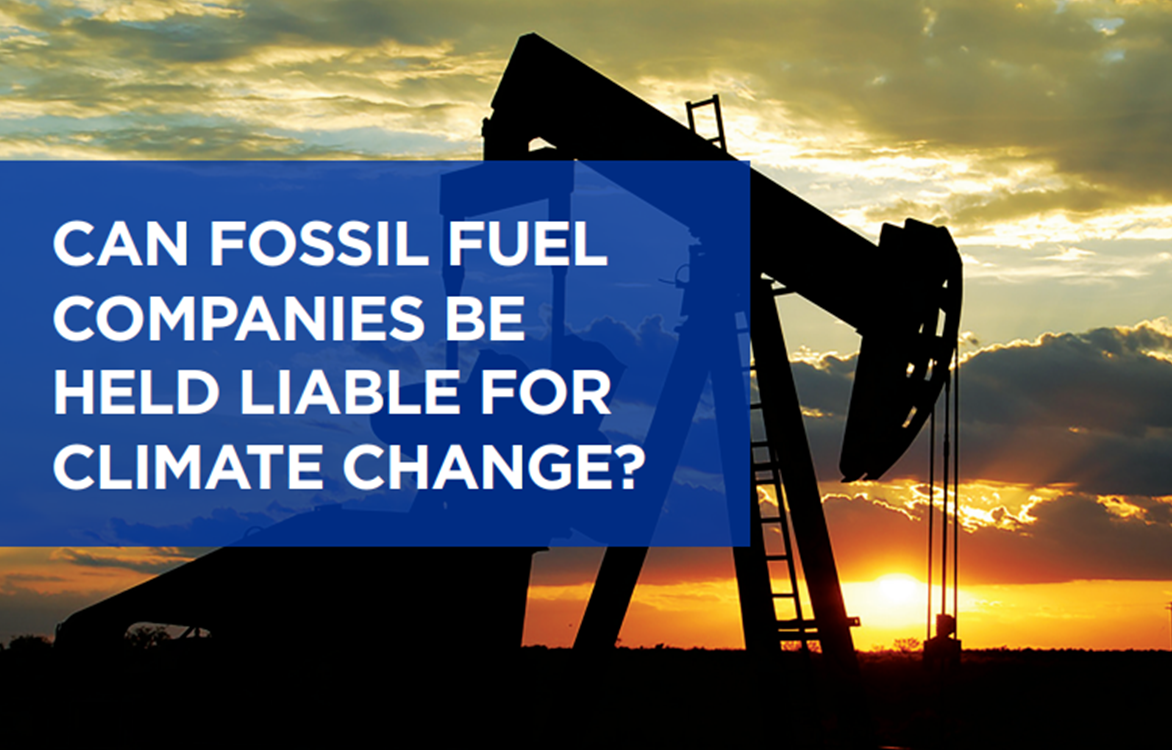Teresa Parejo Navajas
Professor of Law
Universidad Carlos III de Madrid (Spain)
On March 1, 2013, the Spanish Council of Ministers approved a Preliminary Law regarding electric systems, which includes a section about environmental control of the technique of hydrofracturing (“fracking”). The preliminary law proposes that those projects that would need to use fracking in order to extract unconventional gas should be subject to an Environmental Impact Assessment procedure.
The EU has not yet regulated this technique and, therefore, it has not established environmental requirements for extraction of unconventional gas in European territory. Spain has seized this EU legal loophole for drafting its law. The political division among Member States on this issue is evident: France, Ireland and Bulgaria have established moratoriums on fracking, while Poland has promoted the technique. In this context, it is going to be very difficult to achieve EU-wide harmonization.
Similarly, the European Commission and the European Parliament have also reached different conclusions regarding the need (or not) to complement or extend the environmental regulation of the EU to fracking. Given this disagreement, a consultation process on regulating fracking recently occurred. The consultation ended March 23rd, and its conclusions are expected to be available next summer.
In any case, the European Commission has already included in its 2013 Work Program an “Environmental, Climate and Energy Assessment Framework to enable safe and secure unconventional hydrocarbon extraction” as a new initiative subject to an Environmental Impact Assessment, aimed at managing risk and providing maximum legal clarity and predictability to both market operators and citizens across the EU.
According to a recent study, Spain has enough non-conventional gas resources to power the country for 39 years. It is clear, though, that with this figure it is impossible to claim –as the Spanish Government does- a long lasting energy policy based on (or even supported by) fracking. In fact, 50 Spanish towns within Cantabria and León (a northern region in which the gas is supposed to be located) wrote a letter to the Ministry of Industry to express their concern about the impacts that fracking would have on their lands and public health. The response of the Minister was clear: fracking should be permitted subject to compliance with the environmental and human health protection provisions, though the companies will need to set up liability insurance (accepting, hence, the associated risks) for possible incidents or accidents.
For some, fracking is seen as threatening Spain with a future of being a “swiss cheese” of polluted fracking sites; for others, it represents a golden opportunity to gain some energy independence in a country that imports 99% of mineral oils consumed. The debate is now open.


